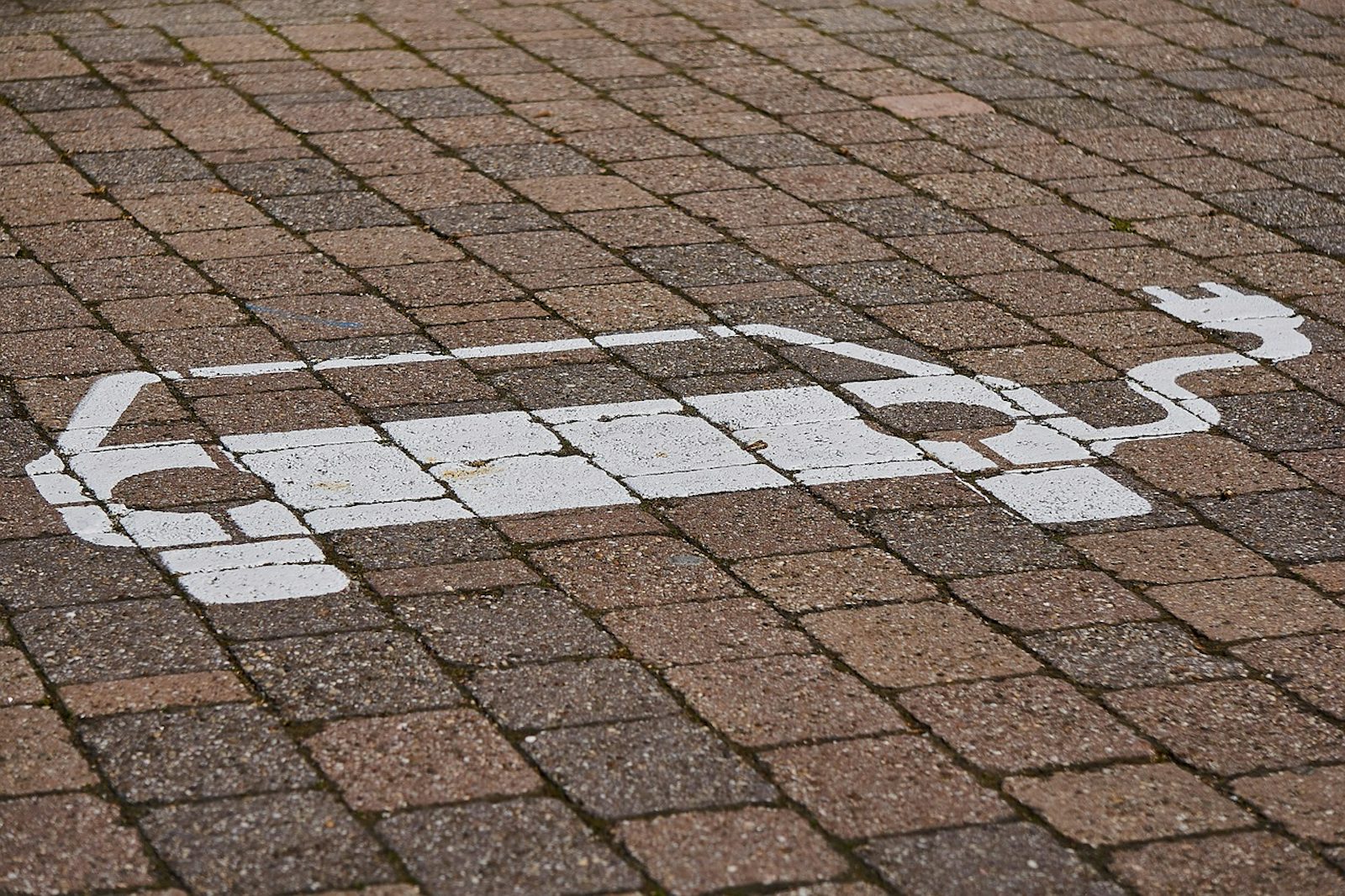State e-car subsidies to come in 2025 – First plans of the future government
The discontinuation of government subsidies for e-cars has slowed down the shift to e-mobility. Actually, a new state subsidy for businesses and the self-employed was supposed to come, but the government collapsed beforehand. Now there are initial plans for a revival of the bonus by the future government of CDU, CSU and SPD.
The sudden end of the state purchase premium for electric cars at the end of 2023 has played its part in the fact that the number of registrations for new electric cars has been declining for months. Since the end of the traffic light coalition, plans for new funding have been flat. Now the future governing parties CDU, CSU and SPD are presenting plans for new funding.
- New plans to promote e-cars by future coalition of CDU, CSU and SPD
- Concrete details of the direct purchase promotion still unclear
- Company car benefits up to €100,000
- Plug-in hybrids and range extenders to receive European funding
- Expansion of charging infrastructure and electricity price reduction also planned
New proposals for funding
After the exploratory talks to form a new government of CDU, CSU and SPD, the party leaders have presented the first results. For example, the coalition agreement specifically states that new funding for e-cars is to come so that the electromobility turnaround in Germany gets going again. What exactly this funding will look like is still unclear and will only become concrete in the course of the government's work.

Before the election, the three parties had very different ideas on the matter. In addition to direct funding, a number of different purchase incentives were also discussed, as well as social leasing or charging credits for e-cars. The CDU had completely rejected subsidies, while the SPD advocated tax advantages and special leasing conditions for e-cars. The CSU, on the other hand, had campaigned for a direct bonus of €3,600. As soon as concrete plans are available, we will keep you up to date.
Tax benefits and other subsidies
In addition to the direct premium, there are already stipulations on tax benefits and special depreciation, which are also intended to promote e-cars. Not only will the limit for the company car concession for e-cars be increased to €100,000 gross price, but further special depreciation for e-cars will also be made possible. Electric cars will also be exempt from motor vehicle tax until 2035.
Expansion of infrastructure – reduction of charging prices
Apart from these subsidies for e-cars, there are also indirect tools that could benefit e-car drivers. For example, the future coalition partners have stipulated in the contract that they will continue to push ahead with the expansion of the charging infrastructure.

As a further indirect subsidy, the future government wants to reduce electricity prices. In return, the gas storage levy is to be abolished. E-cars would of course benefit from this.
Plug-in hybrid subsidies and CO2 fleet limits in Europe
In addition to this package of measures, the coalition partners-to-be have also stated that they want to advocate for Europe-wide promotion of plug-in hybrids and range extender vehicles. This is intended to simplify the switch from combustion engines to bridging technology.
Manufacturers throughout Europe are also to be relieved by softening the CO2 limits for fleet values. Possible fines from the car industry are to be suspended for the time being.
Can the subsidy increase sales of e-cars?
Since we do not yet know exactly what the new funding will look like in concrete terms, it is not really possible to predict the effects. After all, funding could take a wide variety of forms. For example, a revival of the scrapping bonus would have completely different effects than a tax incentive or a direct purchase bonus.

Egal wie am Ende die neue Förderung aussehen soll, ob direkte Zahlung oder anderer Kaufanreiz, die neue E-Auto-Prämie dürfte sich großer Beliebtheit sicher sein. So befürworteten 70% der Befragten in einer Umfrage auf Carwow die Wiederkehr der E-Auto-Förderung, damit die Mobilitätswende endlich in Gang kommt.
Gebrauchte Fahrzeuge sind momentan anscheinend auch kein Bestandteil der Planungen der neuen Regierung. Falls die Bundesregierung auch E-Autos aus zweiter Hand fördern wird, halten wir dich natürlich auf dem Laufenden.
Historische BAFA-Förderungen
Momentan gibt es zwar keine Förderungen für E-Autos in Deutschland, aber neue Programme sind bereits von der neuen Bundesregierung geplant. Wie genau sie ausfallen werden ist noch unklar, aber wir aktualisieren diesen Artikel sobald es neue Informationen gibt. Nachfolgend sind die vergangenen Förderungsbedingungen und Boni aufgelistet.
BAFA-Förderung 2023
Bis zum Dezember 2023 gab es eine direkte Prämie, die sich je nach dem Listenpreis des Autos änderte. Beim Kauf eines E-Autos mit einem Listenpreis von bis zu 40.000 € gab es 4.500 € als Bonus vom Staat dazu. Von 40.000 bis 65.000 Euro gab es 3.000 € staatliche Förderung. Auch junge gebrauchte wurden mit 3.000 € gefördert. Seit dem September 2023 wurde die Förderung auf Privatpersonen beschränkt, im Dezember 2023 lief die Förderung dann aus und wurde aufgrund der finanziellen Situation des Bundeshaushaltes nicht weiter verlängert.

BAFA funding 2024
Originally, an extension of BAFA funding until the end of 2025 was planned. In 2024, the premium was to be reduced, but the program was to be continued. For example, it was planned that new cars up to a price of €45,000 would receive a credit of €3,000 from the state, while young used cars would be subsidised with €2,400 from the state treasury. However, since the budget could not afford further subsidies, the BAFA subsidy was discontinued on 18.12.2023 and in 2024 there was no money from the state for the purchase of an e-car.

Posting Komentar untuk "State e-car subsidies to come in 2025 – First plans of the future government"